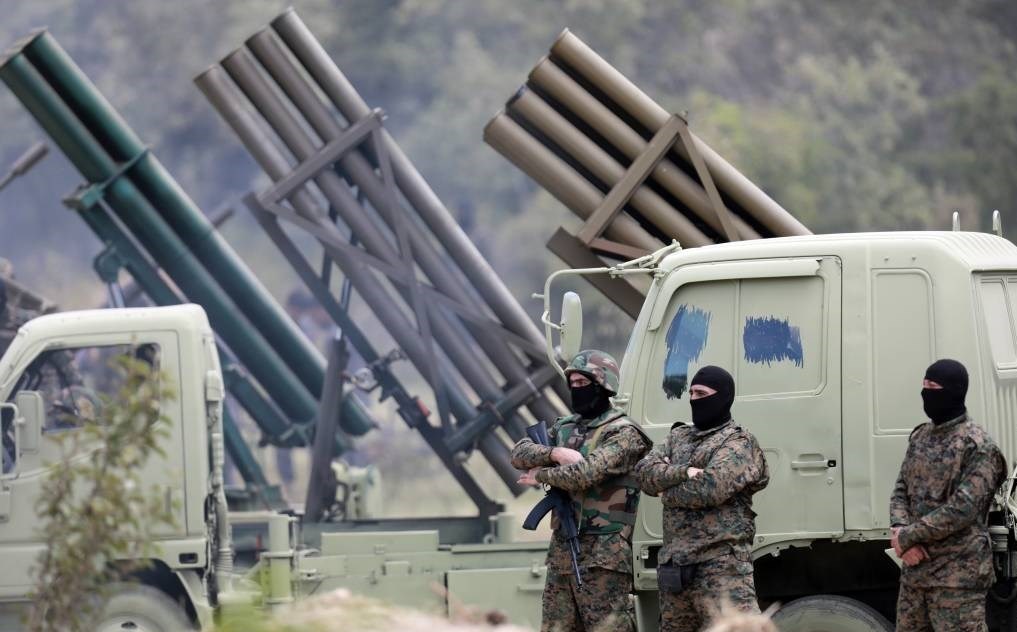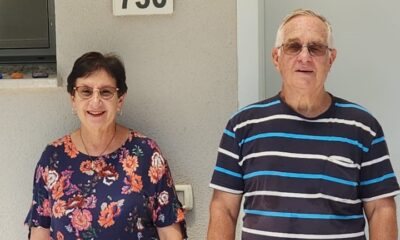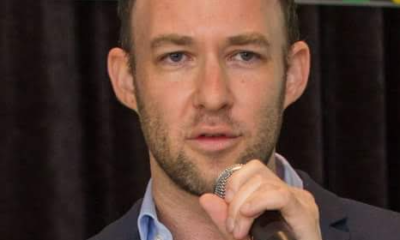
News

The war we need to talk about
Hardly a day goes by without the ubiquitous beeping of incoming rockets or unmanned aerial vehicles (UAVs) in Israel’s north, a border area under immense threat from Iranian sponsored proxy Hezbollah. While the world focuses attention on Israel’s military operations in Gaza following the atrocities committed by Hamas on 7 October, the north is heating up. Hezbollah started firing anti-tank missiles and rockets on Israeli homesteads and positions in the north on 8 October.
Israel has long anticipated that should war break out on one front, it will inevitably break out on others as well. Israel isn’t only fighting Hamas in Gaza and Hezbollah in the north, it’s also dealing with increased tension in the West Bank, especially during Ramadan; opportunistic Iranian attacks; the transfer of weapons from Syria; and the Houthi threat in the Red Sea.
Hezbollah poses a significantly greater threat than Hamas. The Iranian proxy has unequivocally violated United Nations Resolution 1701, which calls for Hezbollah to remain north of the Litani River. The UN Interim Forces in Lebanon (UNIFIL) recently had its mandate extended, yet has done nothing to rein in Hezbollah aggression.
Hezbollah is Hamas on steroids. Hezbollah’s equivalent of Hamas’s Nukba fighters, known as the Radwan forces, are a lot more sophisticated and better trained, and Hezbollah’s arsenal of rockets is estimated in excess of 160 000. These rockets, which are significantly more sophisticated than those fired by Hamas, have the entire state of Israel covered. It’s a terrifying thought.
As the Israel Defense Forces (IDF) evacuated southern communities in preparation for the military operation into Gaza, so northern communities evacuated as well. Towns and kibbutzim on the border are ghost towns, and the impact of this on farms and the regional economy has been massive.
Lebanese residents in the south of the country have also been evacuated, and an estimated 91 000 have fled their homes.
Hezbollah has fired thousands of rockets at Israeli positions, causing a massive amount of damage to hundreds of buildings and homes. In recent days, it caused widespread destruction on a wine farm and to chicken coops. Hezbollah has also fired towards IDF military positions, and Ziv Hospital sustained a direct hit. Several soldiers and civilians have been killed.
To date, there has been no condemnation from the international community, but diplomatic efforts are in place to try prevent a widespread war from breaking out. Israeli Defense Minister Yoav Gallant has repeatedly warned Hezbollah not to test the Jewish state, saying, “The noses of our fighter jets are pointed north.”
Hezbollah is recognised as a terror organisation by several countries, and has been described as a “state within a state”, having representation in the Lebanese government.
Najib Mikati, the prime minister of the interim government in Lebanon, said the Lebanese government would continue to work for a ceasefire in the Gaza Strip and to return south Lebanese residents to their towns. He said he was certain the ceasefire in the Gaza Strip would include the countries of the region, and they would have “long-term stability and peace”.
Hezbollah is a proxy of Iran, and is unlikely to take directives from the interim government.
In response to escalating attacks on Israeli sovereign territory, Israel is striking Hezbollah targets, some as far into Lebanese territory as Baalbek, 265km from the border.
On Tuesday, 26 March, Hezbollah-affiliated Lebanese media outlets Al Jadeed and Al Mayadeen reported that Israel had struck terror targets north of Baalbek for the first time since the Gaza war began. The strike, near the north eastern town of Zboud, was in response to the missile fire carried out by the terror group against the Mount Meron air traffic control base.
In spite of rumoured cautions from Iran for Hezbollah not to enter into a full-scale war with Israel, there’s growing concern that Israel will inevitably have to enter the south of Lebanon in order to push Hezbollah north of the Litani River, in compliance with UN Resolution 1701.
Israel wants quiet on its northern border and for residents to return to their homes. I’m sure Lebanese civilians want the same for their residents of the south. Let’s hope Hezbollah wants that as well, but emboldened by Hamas’s invasion of Israel on 7 October and its sworn solidarity with its ideological brothers, it seems less likely by the day.










